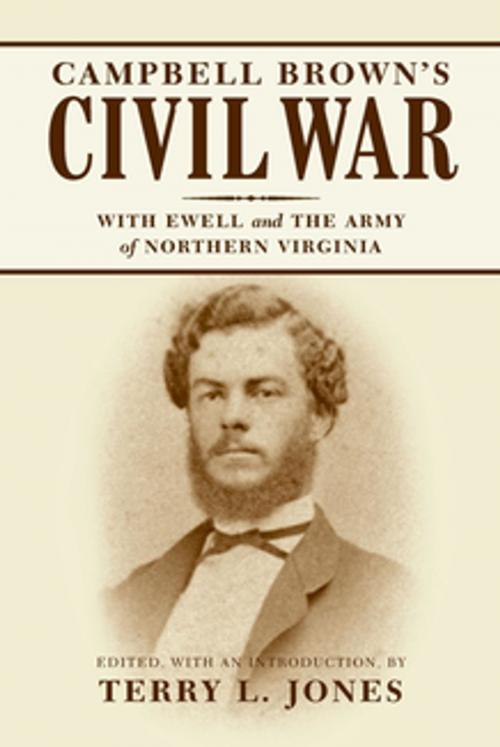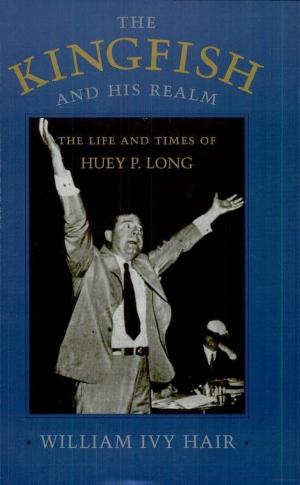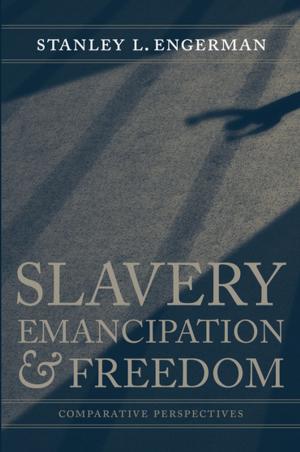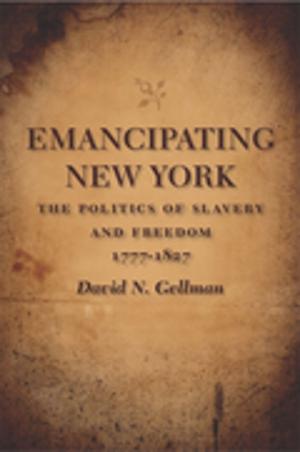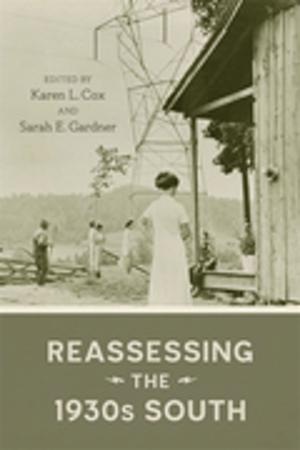Campbell Brown's Civil War
With Ewell in the Army of Northern Virginia
Nonfiction, History, Americas, United States, Civil War Period (1850-1877)| Author: | ISBN: | 9780807167342 | |
| Publisher: | LSU Press | Publication: | October 1, 2001 |
| Imprint: | LSU Press | Language: | English |
| Author: | |
| ISBN: | 9780807167342 |
| Publisher: | LSU Press |
| Publication: | October 1, 2001 |
| Imprint: | LSU Press |
| Language: | English |
The Civil War writings of G. Campbell Brown—cousin, stepson, and staff officer of famed Confederate General Richard S. Ewell—provide a comprehensive account of the major campaigns in the north Virginia theater. Terry L. Jones has performed an invaluable service by gathering these widely scattered but oft-cited primary sources into a deftly edited volume.
Brown’s memoir details his service under Ewell during the campaigns of First Manassas, the Shenandoah Valley, the Seven Days, Second Manassas, and Gettysburg, and under Joseph E. Johnston at Vicksburg. His correspondence and memoranda form a suspenseful recounting of the Overland Campaign, the siege of Richmond, and a harrowing retreat that ended with the capture of Brown and Ewell at Sayler’s Creek just three days before Robert E. Lee’s surrender. Their subsequent three-month captivity in Fort Warren, Massachusetts, is documented in Brown’s letters.
Leaders such as Ewell, Johnston, Lee (whose daughter Brown tried to marry), “Stonewall” Jackson, and Jubal A. Early come to life in rich anecdotes and occasional critiques of their wartime actions. A southern aristocrat from Tennessee, Brown exhibits a grasp of the nuances of military protocol that is as compelling as his descriptions of battlefield horrors.
Brown’s eagerness to report all he sees—from the quotidian to the bloodcurdling—makes his writings among the finest to come out of the Civil War. Scholars will want copies of this volume at close hand for ready reference, and buffs will treasure the play of a nimble mind over a dire and fascinating time.
The Civil War writings of G. Campbell Brown—cousin, stepson, and staff officer of famed Confederate General Richard S. Ewell—provide a comprehensive account of the major campaigns in the north Virginia theater. Terry L. Jones has performed an invaluable service by gathering these widely scattered but oft-cited primary sources into a deftly edited volume.
Brown’s memoir details his service under Ewell during the campaigns of First Manassas, the Shenandoah Valley, the Seven Days, Second Manassas, and Gettysburg, and under Joseph E. Johnston at Vicksburg. His correspondence and memoranda form a suspenseful recounting of the Overland Campaign, the siege of Richmond, and a harrowing retreat that ended with the capture of Brown and Ewell at Sayler’s Creek just three days before Robert E. Lee’s surrender. Their subsequent three-month captivity in Fort Warren, Massachusetts, is documented in Brown’s letters.
Leaders such as Ewell, Johnston, Lee (whose daughter Brown tried to marry), “Stonewall” Jackson, and Jubal A. Early come to life in rich anecdotes and occasional critiques of their wartime actions. A southern aristocrat from Tennessee, Brown exhibits a grasp of the nuances of military protocol that is as compelling as his descriptions of battlefield horrors.
Brown’s eagerness to report all he sees—from the quotidian to the bloodcurdling—makes his writings among the finest to come out of the Civil War. Scholars will want copies of this volume at close hand for ready reference, and buffs will treasure the play of a nimble mind over a dire and fascinating time.
